
What is brand identity?
It’s more than just your logo; it’s all elements representing your brand.
Often referred to as Brand Identity, Brand Guidelines or a Corporate Identity Guide, having a set of clearly laid out usage controls for your brand is crucial.
We can help you define and organise your branding into a coherent, consistent, and appropriate set of guidelines to help you grow.
Talk To Us Today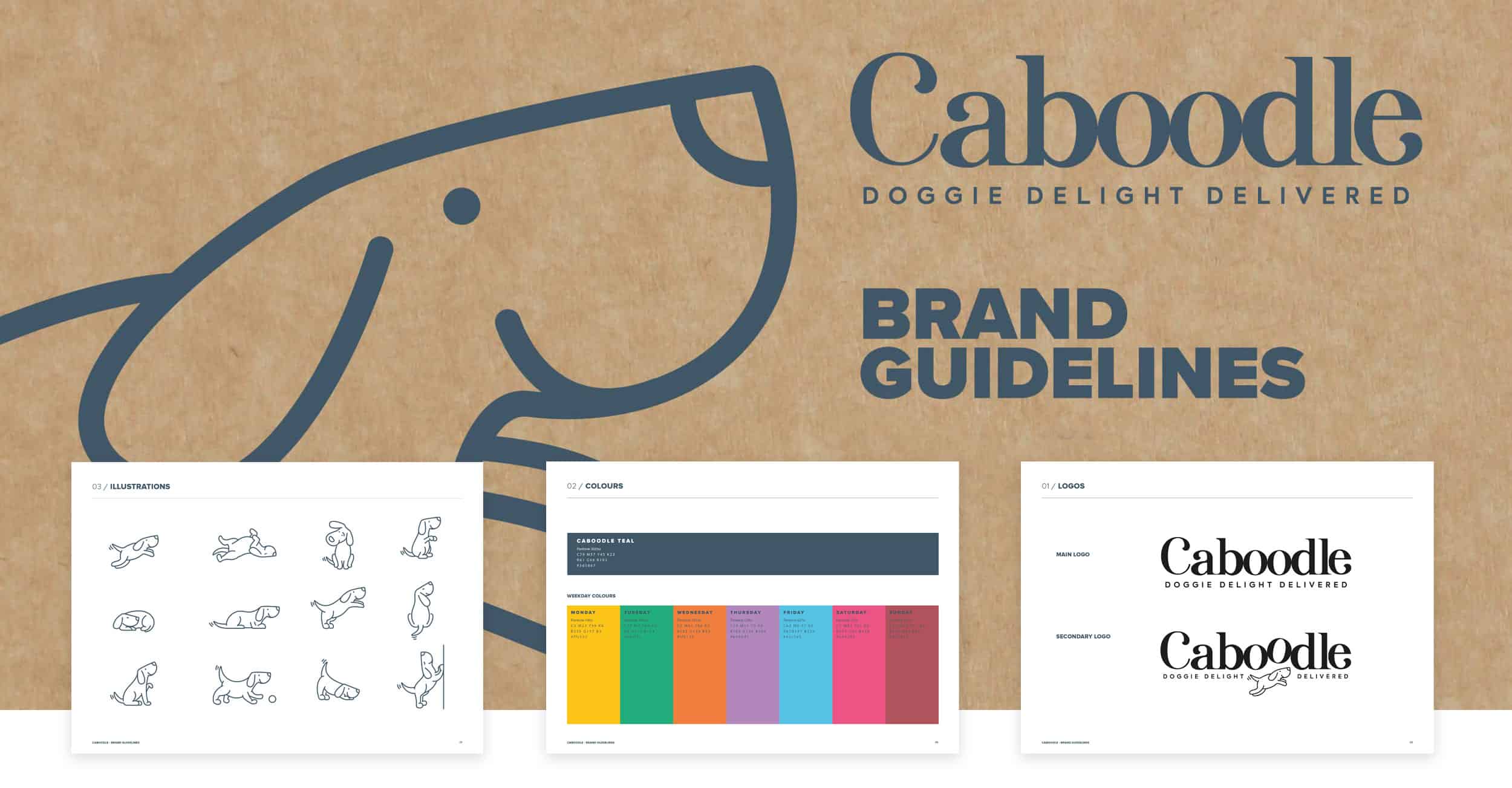
Get your brand identity sorted.
A brand identity can include elements such as your company name, logo, fonts, colours, images, illustrations and tone of voice.
Your brand identity controls every aspect of your design system and ensures consistent communications and messaging.
A strong corporate identity can help you achieve business goals and targets and help position a brand ahead of its competition.
Creating a strong brand takes know-how, skill, effort and time, but a well-thought-out brand identity that is unique and bespoke to that particular brand will be effective and efficient and help the business to grow.
We help startups and established companies with brand identity design services.
Find out how we can improve your identity
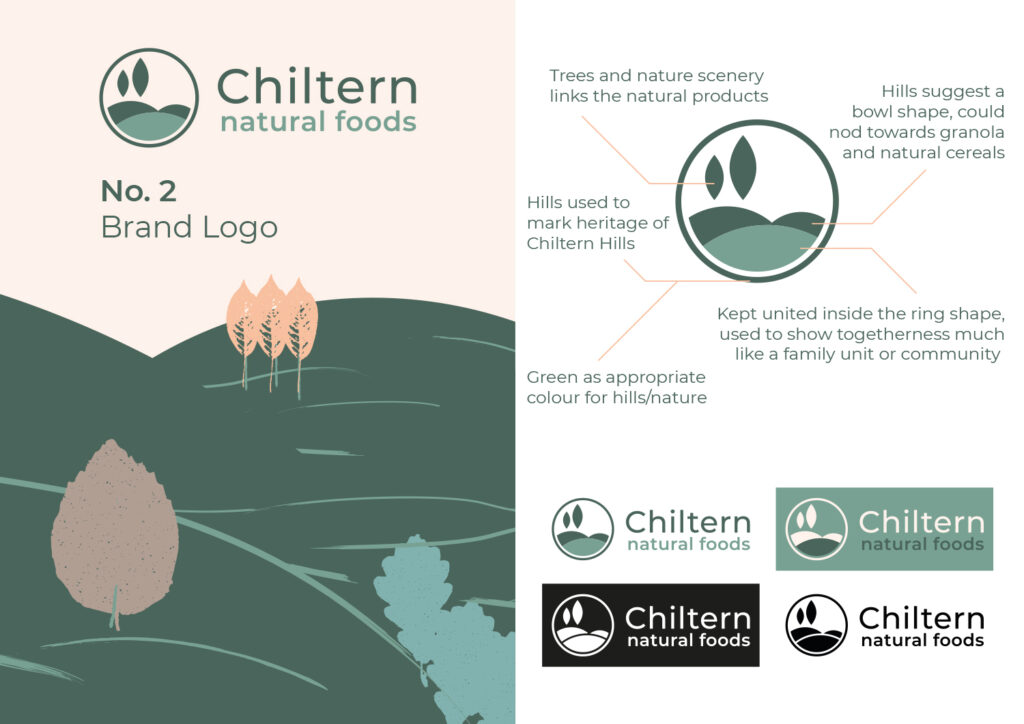
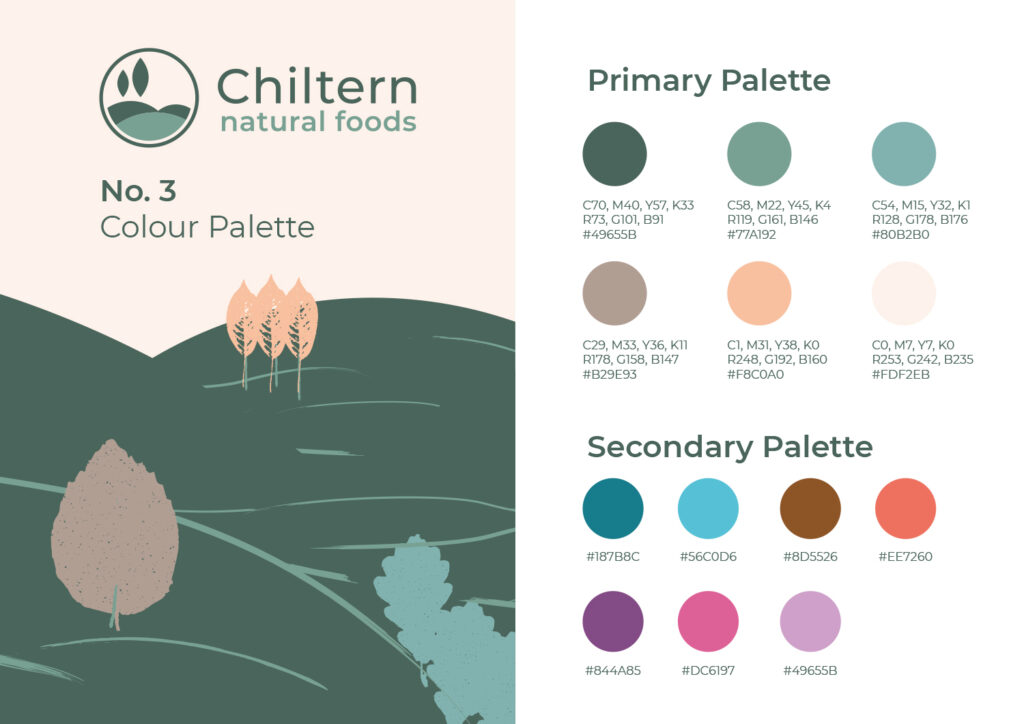
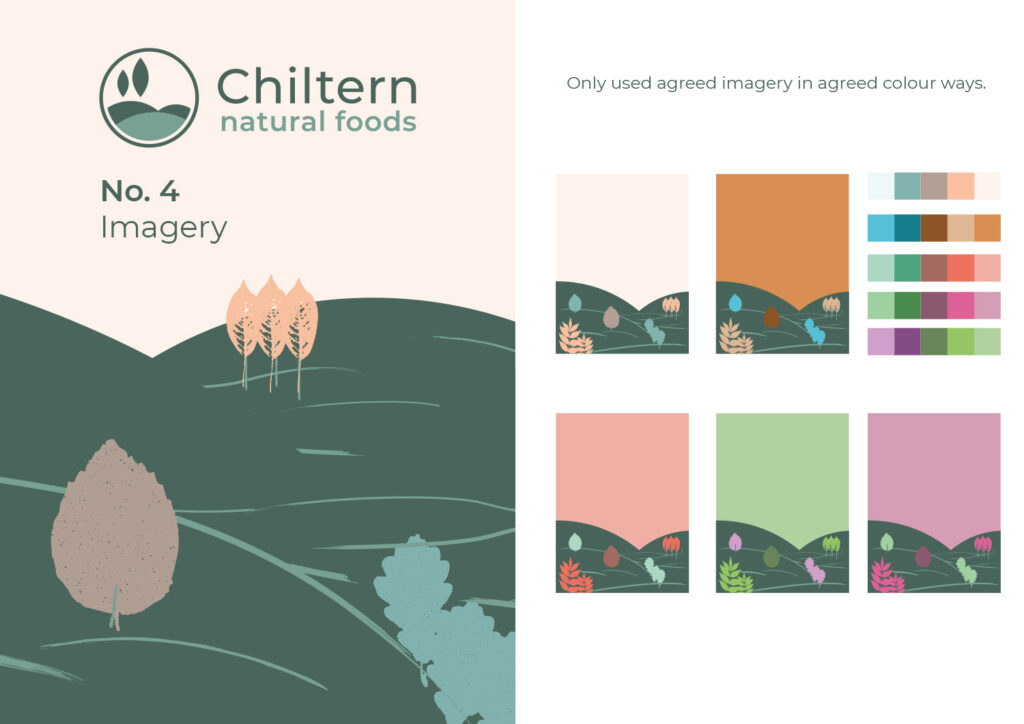

Toast have been the very best partner. They have been patient and supremely helpful. Their team have responded to our brief and given us over and above what we asked so we can continue campaigning for Victorian and Edwardian buildings and structures as we have done since 1958.
[Rebrand, brand identity & website project]
Marie Clements
Communications and Media Manager
https://www.victoriansociety.org.uk/
Why do you need a brand identity?
A brand or corporate identity will help you achieve consistency in your creative and marketing materials.
All businesses have some form of logo design; most have websites, social media channels, and business stationery. Some also have vehicles, signage, annual events, and so on.
Things can get messy if all your creative and marketing output is not controlled by a centralised and approved set of guidelines. The brand identity design examples on this page help avoid this.
Not so long ago, most design and creative work required the input of a design agency or freelancer, but now, marketing teams have more options for creating collateral directly.
From managing a website with WordPress to designing a brochure in Canva, design is more accessible than ever. However, this can mean that branding decisions are ad hoc, which is unsuitable for consistency and brand equity.
Talk to us about what you need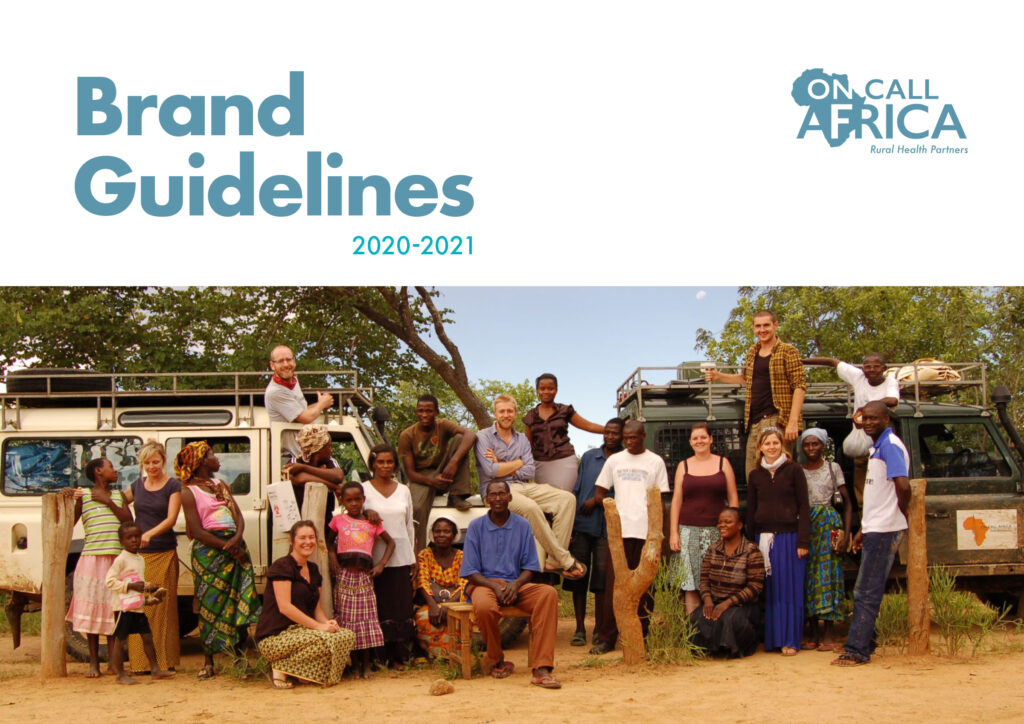
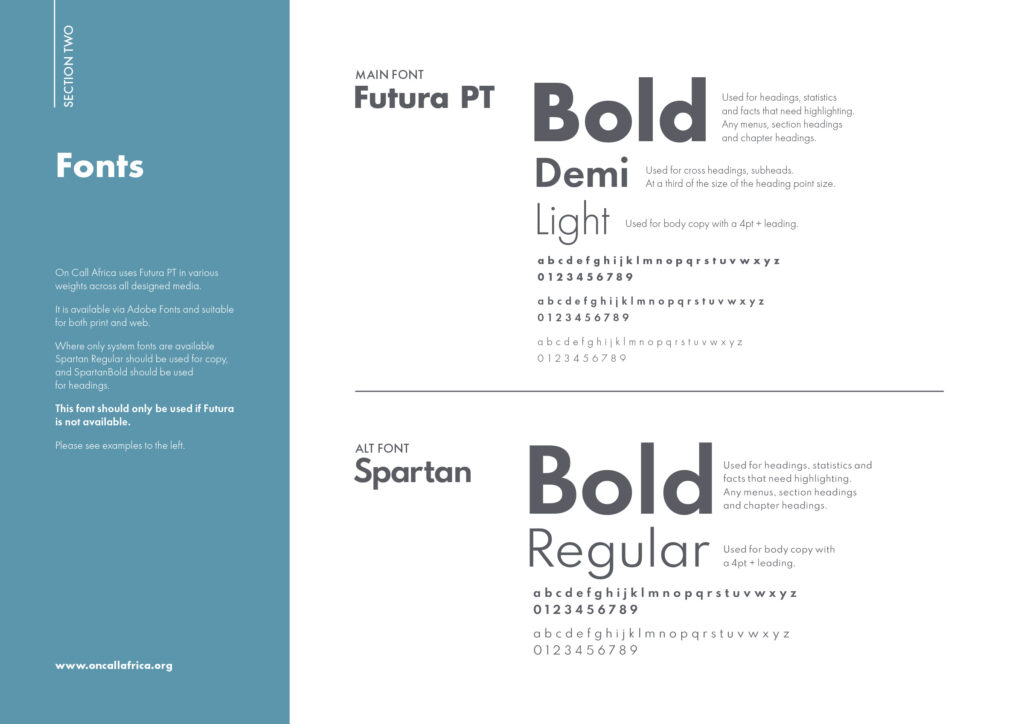
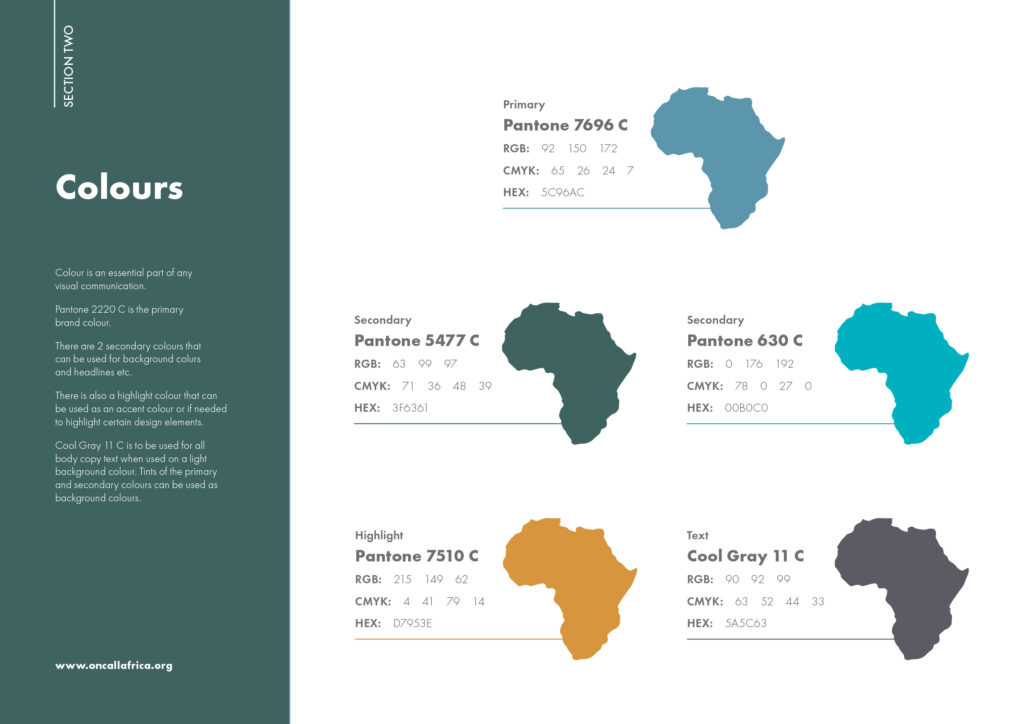
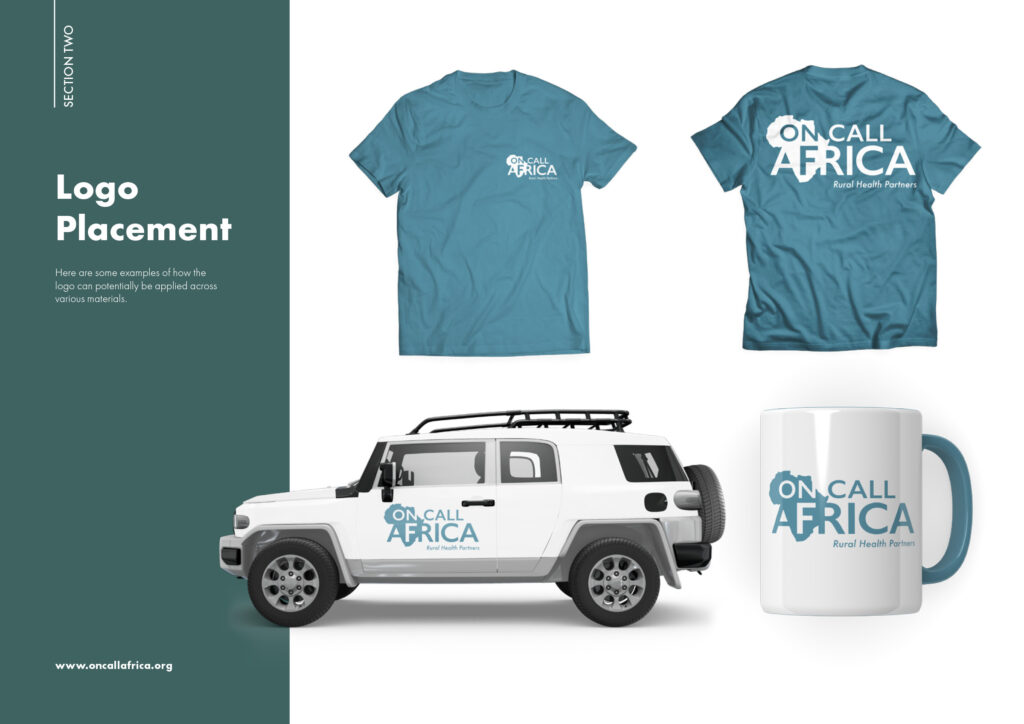
How can we help with your brand identity?
Whether you engage a design agency or do it yourself, we can help to align your branding across all your marketing collateral.
If you are a small business, this might be a simple brand book that outlines your logo, its use, fonts and colours.
For larger businesses, this may also take in the design of printed material, digital materials, tone of voice, images and other elements.
We can help you to create a professional and approved set of corporate or brand guidelines that cover all aspects of your brand’s touchpoints to ensure everything looks and sounds exactly as it should.
Brand identity elements differ, but typically a brand identity design includes:
- Logo Design/Development
- Copy and Brand Messaging
- Typography
- Marketing Materials
- Promotional Materials
- Advertising
- Signage (External and Internal)
- Staff Uniforms
- Staff Training Documents
- Vehicle Livery
- Websites and Social Media channels
These come together to form your brand identity system and help to keep all creativity in check.
Find out how we can helpWe can help you wherever you are on your brand journey.
Startups.
If you are starting, it can be tempting to leave sorting your brand identity for later, but now is the best time to sort it.
You don’t have to do everything immediately, but getting the foundations sorted means you can build upon them rather than trying to sort them later on retrospectively.
- Clarifies the business’s purpose, vision, and positioning.
- Creates a professional, cohesive visual identity (logo, typography, colours, etc.).
- Establishes brand guidelines to ensure consistency from day one.
- Builds trust and credibility, making the business look established.
Early Growth Stage.
As you are growing or planning to, aligning every part of your brand is a worthwhile and beneficial activity.
You’ve probably got something that resembles a brand identity created across your website, decks and marketing collateral – but it’s all over the place.
Sorting your brand identity:
- Strengthens brand messaging to align with what’s working in the market.
- Enhances visual assets (website, social media presence, packaging, etc.).
- Ensures brand consistency across platforms as marketing expands.
- It helps differentiate from competitors in a crowded space.
Scaling Stage.
As your customer base scales and revenue increases, a brand identity review can help ensure that everything is aligned and working hard for you.
You’ll have an expanding team, potentially working remotely and entering new markets, so, again, your brand guidelines become even more important.
At this stage, we can help you:
- Refine and modernise the brand to stay relevant and premium.
- Support expansion into new markets with regional brand adaptations.
- Develop sub-brands, product branding, or refreshed packaging.
- Build a solid employer brand to attract top talent.
Established Stage.
When your brand is established, it’s about refining and developing your brand identity (or rebranding your business, but that’s a different approach).
Regularly reviewing your brand identity can avoid brand stagnation, maintain loyalty and delight your followers with new and improved design elements.
Sorting your brand identity:
- Evolve the brand identity to avoid stagnation and stay fresh.
- Help reposition for new audiences or changing markets.
- Create brand extensions (sister companies, new offerings).
- Develop refined customer experience strategies (UX/UI, brand storytelling, etc.).
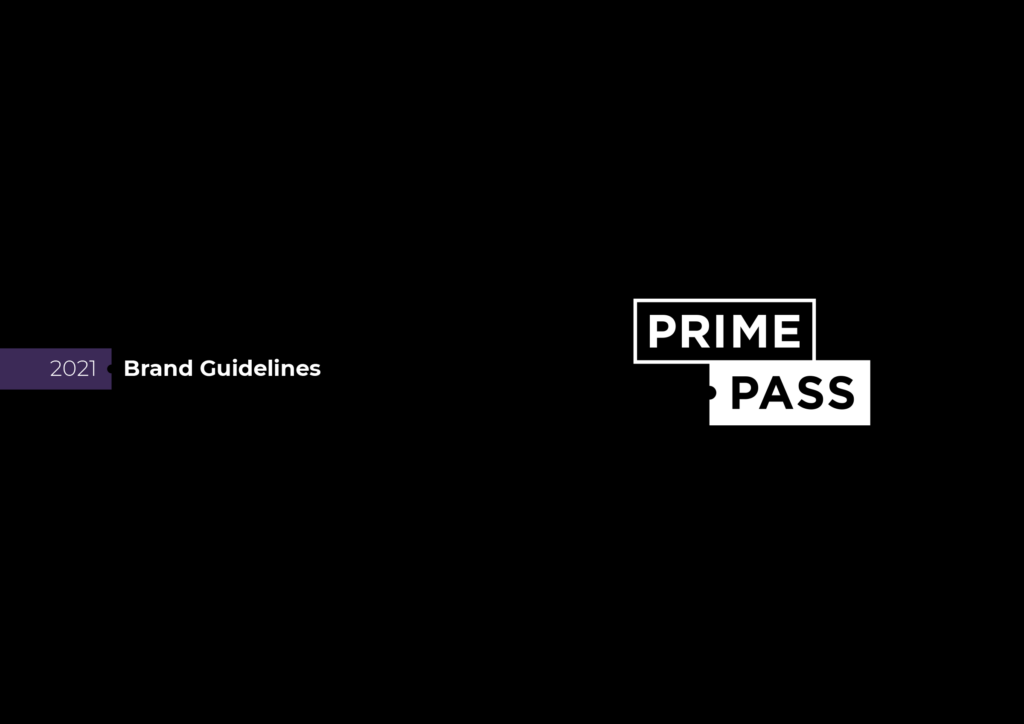
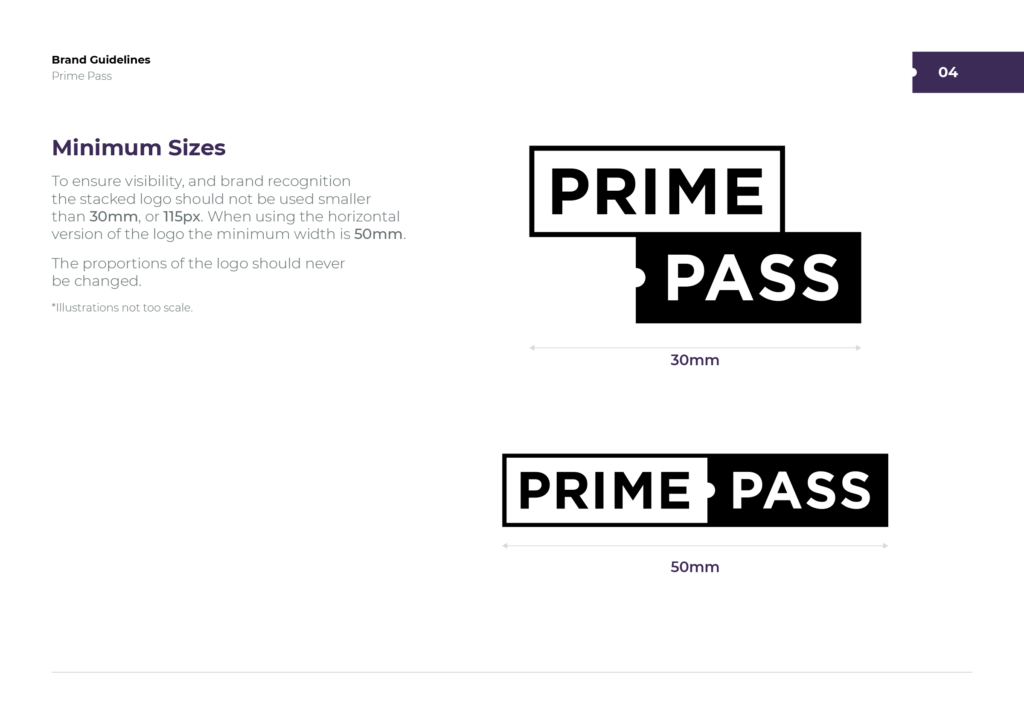
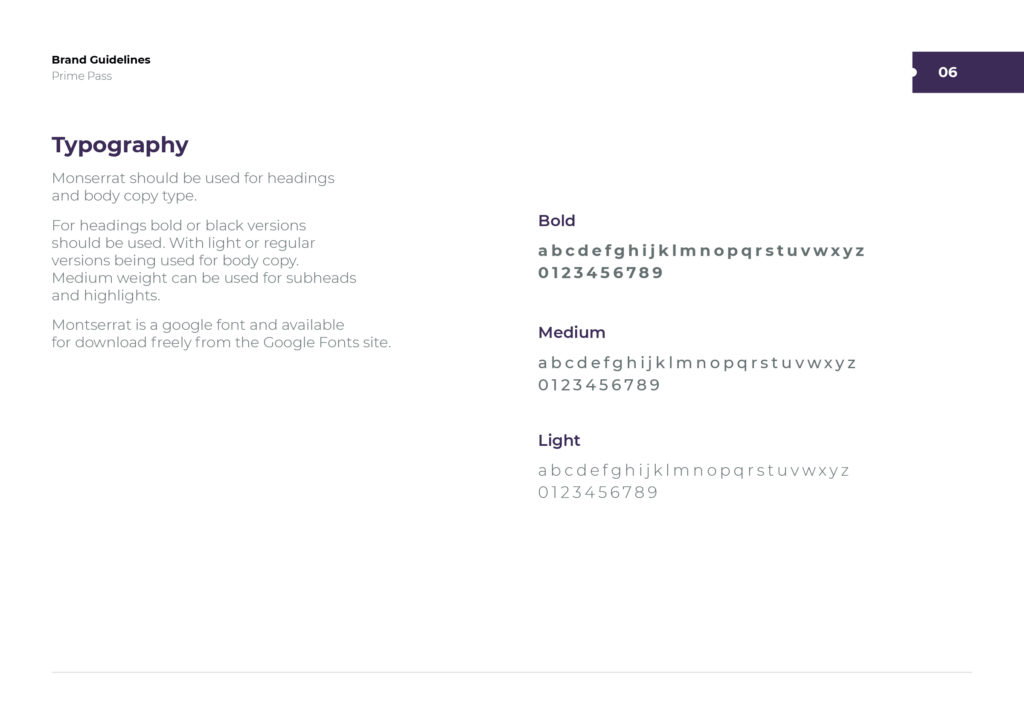
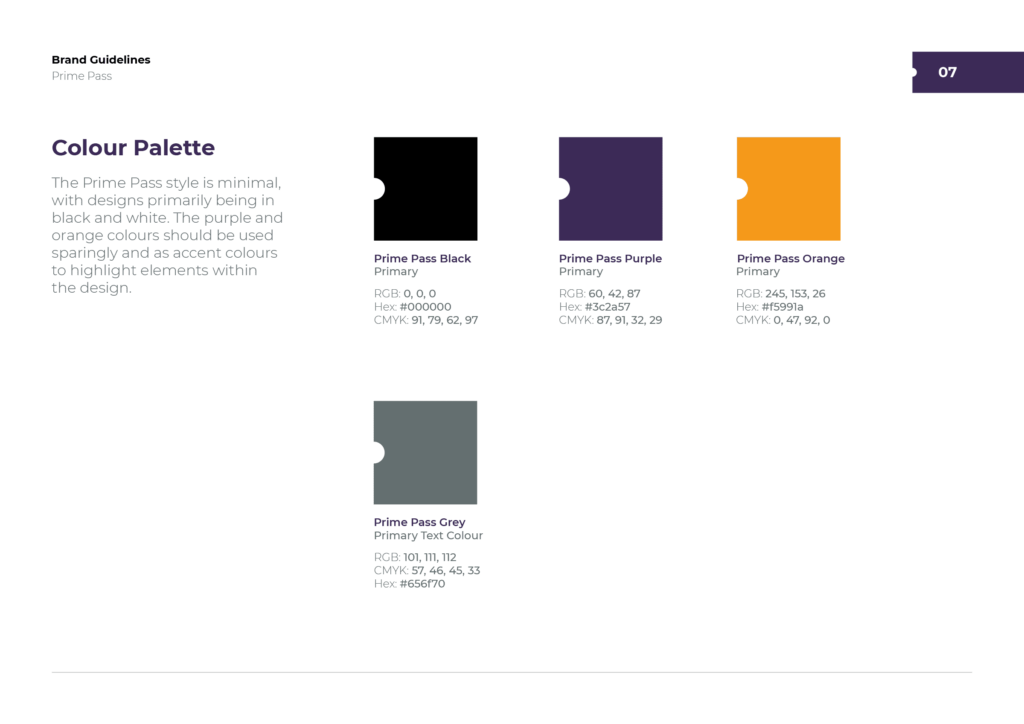
What does a brand identity look like?
This depends on how far you want to take it.
Some brand identities are very top-level. They contain broad guidelines on how things should look and feel but don’t pin everything down, so there is some room for creative interpretation.
Others go into precise detail about how everything should look (take Google’s Material Design for an example).
The right option for you will depend largely on the size of your organisation and its marketing output.
Your brand identity will usually take the form of a brand book which outlines everything required in a very straightforward and understandable way.
The level of detail in your brand identity should be appropriate for your business and where it is on its journey.
If you are a disruptive startup, you may only need the basics as things may change and evolve rapidly, whereas if you are an established business, it might be time to bring everything into line and set it there for the foreseeable.
Book a discovery call
Book a consultation call with Adam.
If you are considering getting your brand identity sorted, you can book a 30-minute call with Adam to discuss what you want to achieve and how we can help you get there.
Adam has worked on 100s of branding and identity projects over the past 17 years, so he has the experience and expertise to deliver an effective brand identity.
Brand book for Elton John’s Aids Foundation.
Creating a brand book for this amazing charity, taking the previously designed logo and applying it, together with additional design work, across various materials.
Elton John AIDS Foundation Brand Book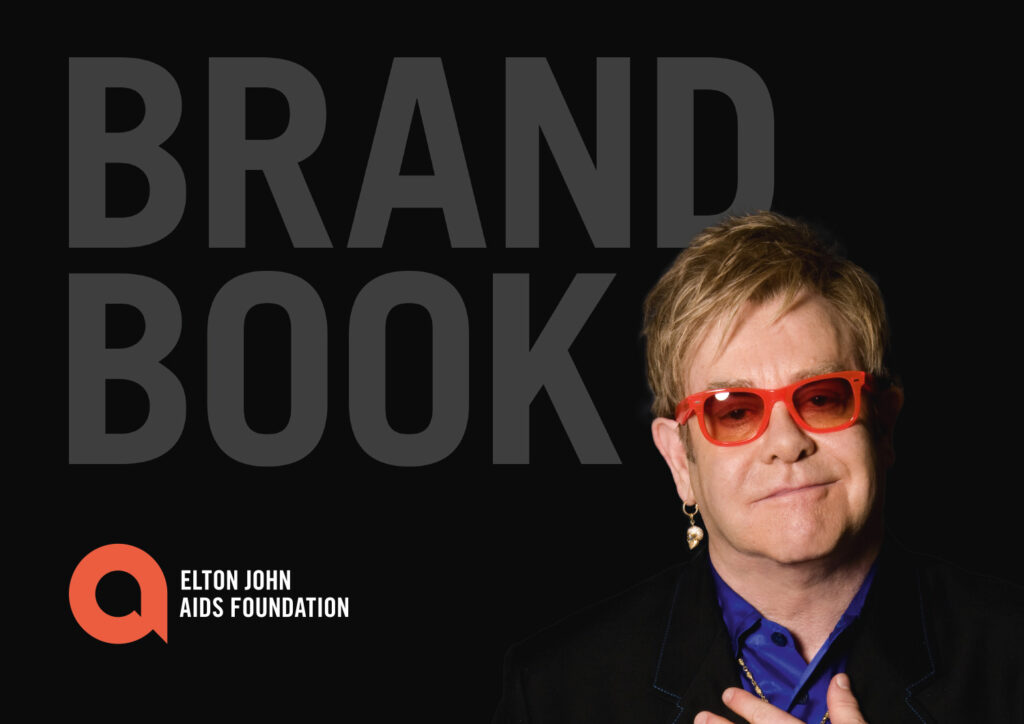
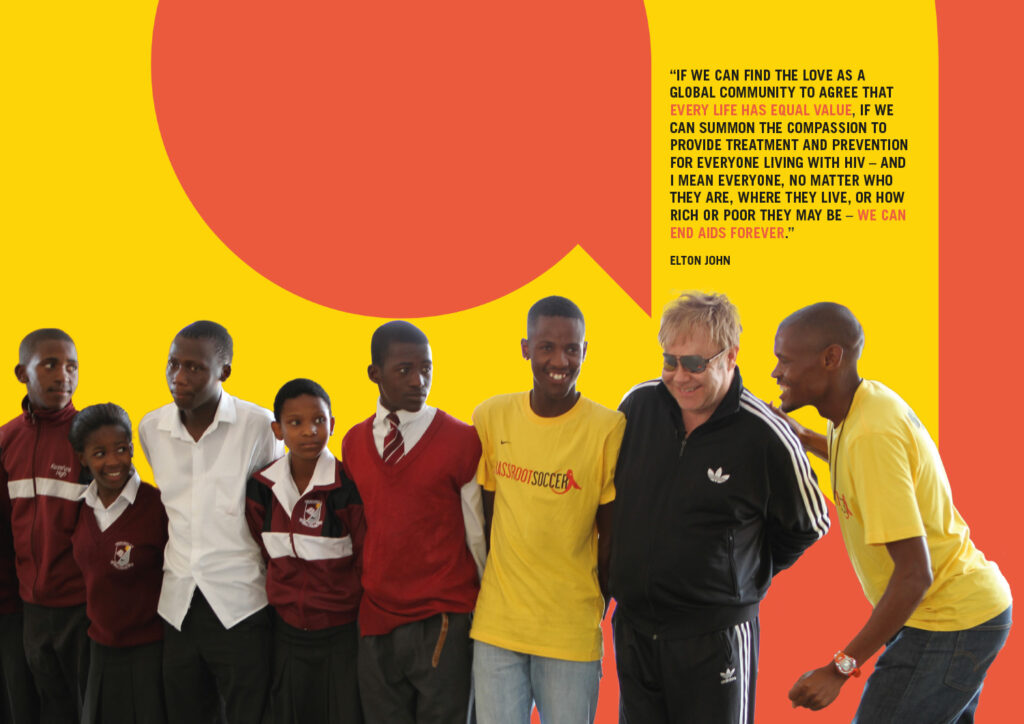
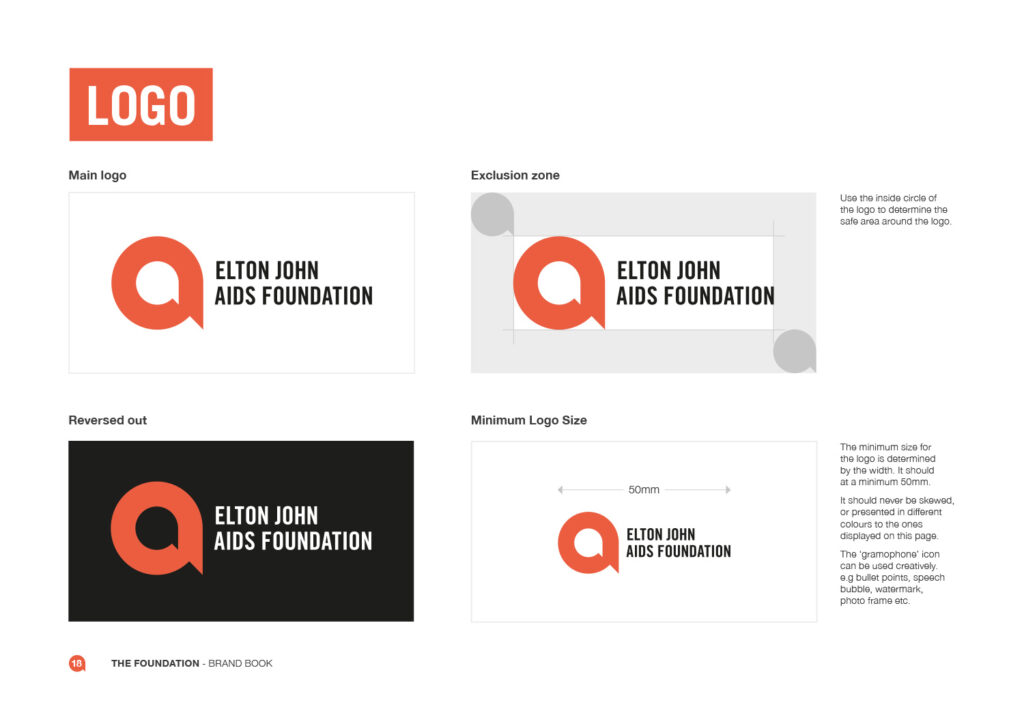
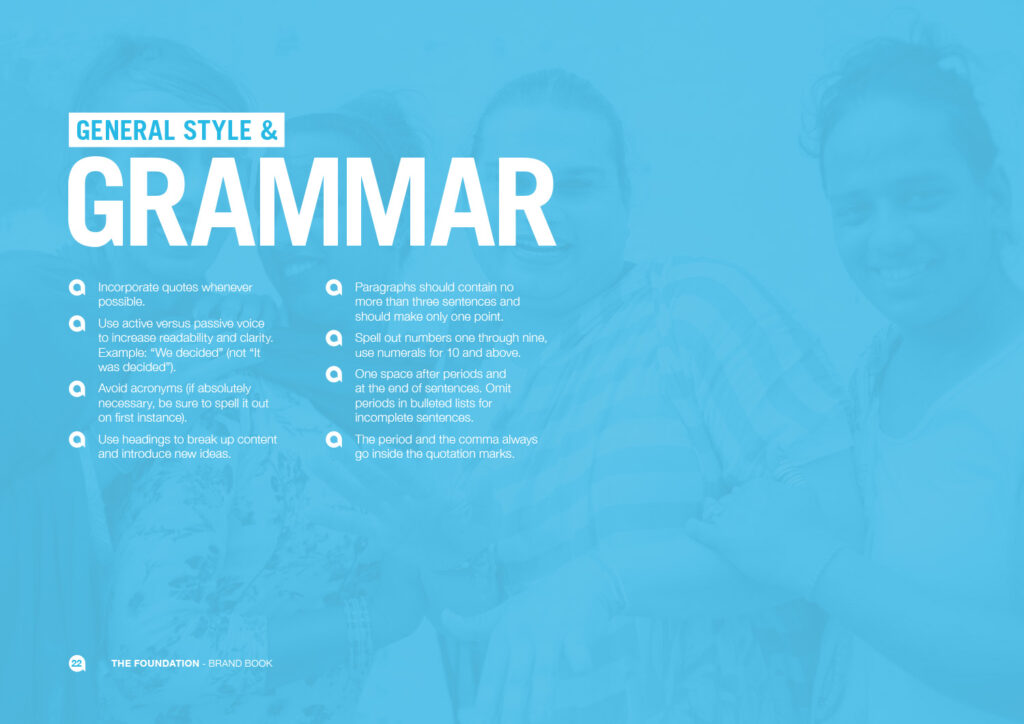
We can help, wherever you are with your current branding.
Most of the clients we work with on brand identities already have a logo and the basics.
Some clients already have a professionally designed logo and may have invested heavily in that. If this is you, we can work with you to roll out what you already have over new materials and create a brand book to match.
Other clients have DIY logos, so more help is required to develop the logo and create the brand guidelines; this is all part of the brand identity design process.
At Toast, we act as brand guardians for our client’s identities, and as a full-service agency, we’re able to deliver all the marketing collateral design work in-house.
Whoever designed your logo, we can pick it up and take your brand identity to the next level.
Get started today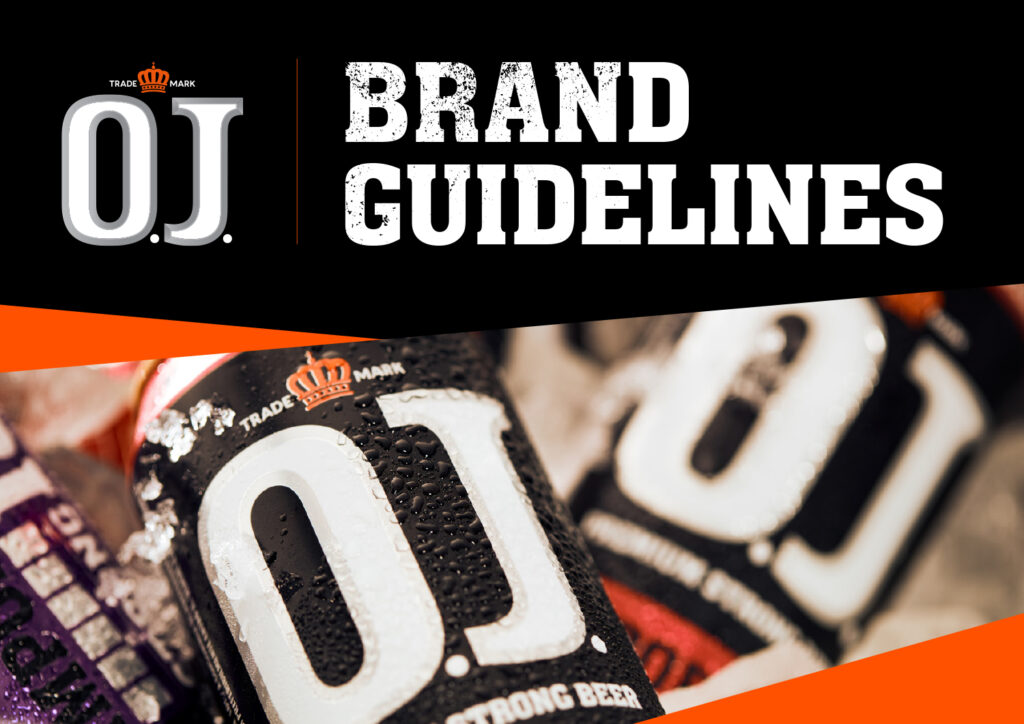
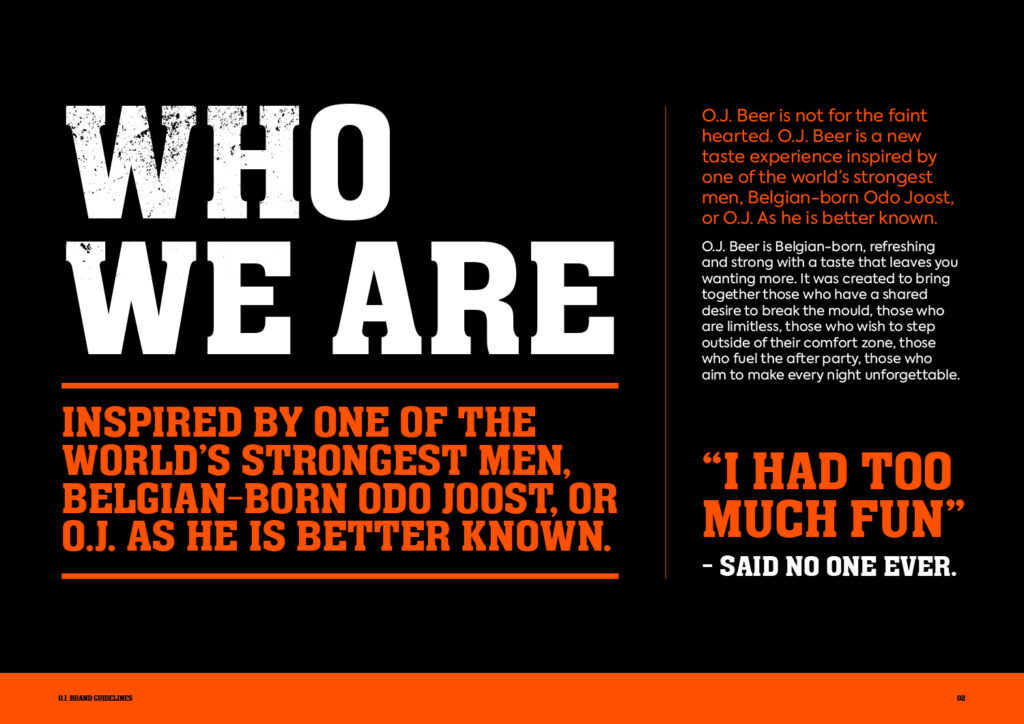
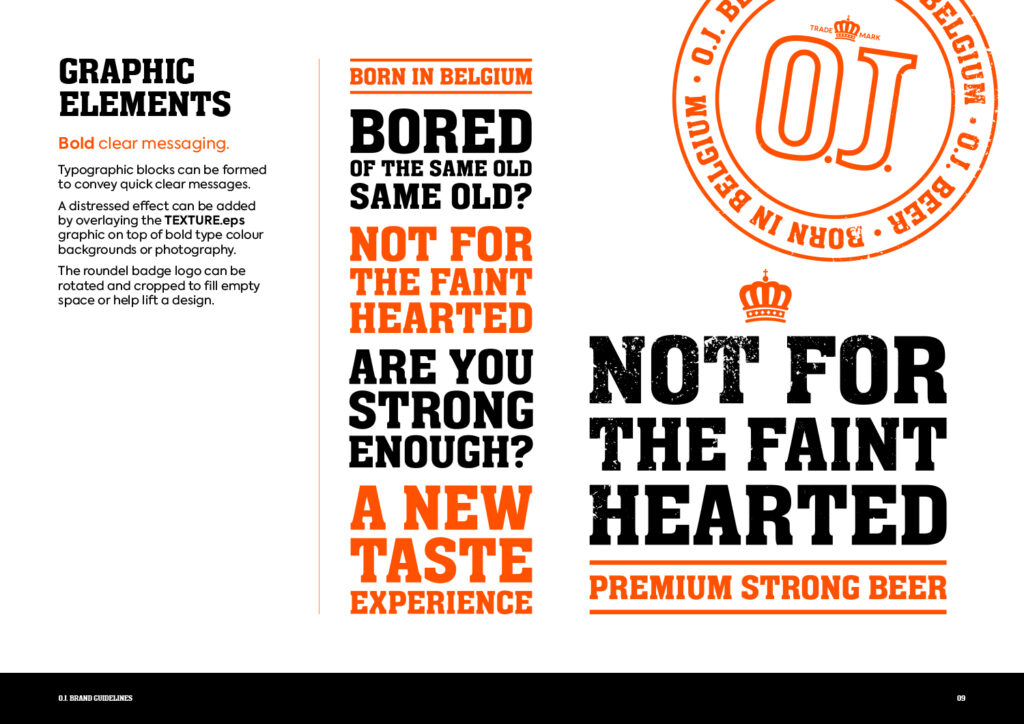
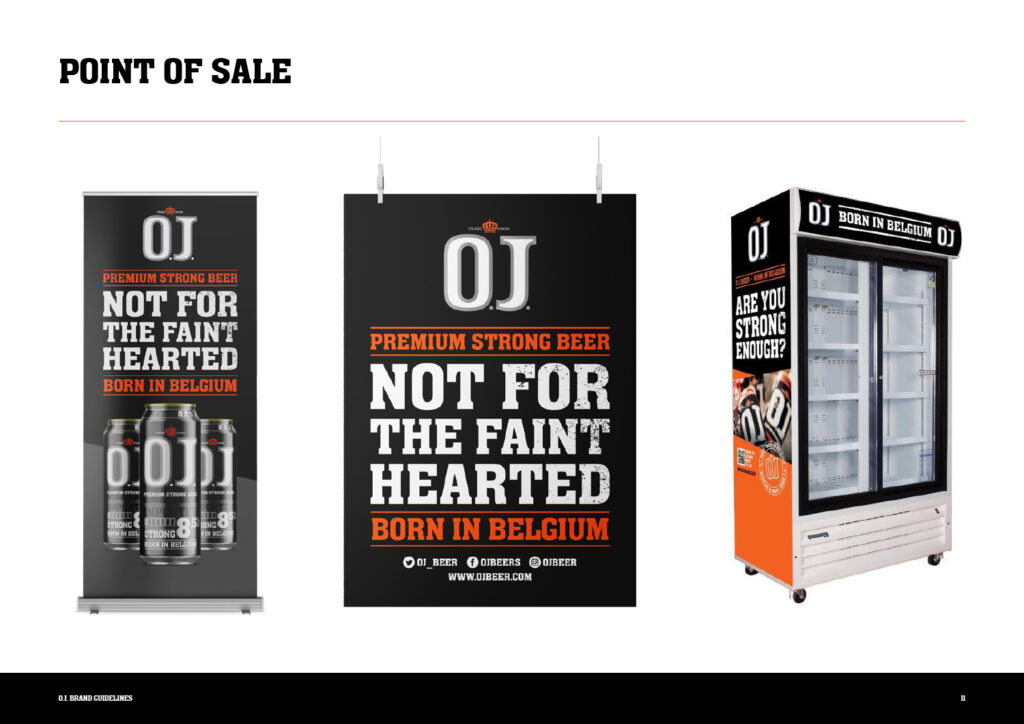
What does a brand identity cost?
Two things factor into the cost of developing a brand identity.
Firstly the design and creative charges, and secondly, the investment needed to roll everything out.
Suppose you are a large organisation with multiple offices, a fleet of vehicles and 250 staff in branded uniforms. In that case, it will cost significantly more to roll out your brand identity than design it.
For a small business, the investment required will be significantly less as there is simply less to do.
There is no such thing as a brand identity template – it should be unique to you and your business.
However small your brand identity requirements are, it’s going to take a few days of work to get things done properly, but this should be seen as an investment.
Brand identity design done properly saves time and money in the long run.
Solid brand identity makes a designer’s job easier, so investing in guidelines at the start means you should save budget on every piece of collateral that’s produced in line with your brand guides.
Get a proposal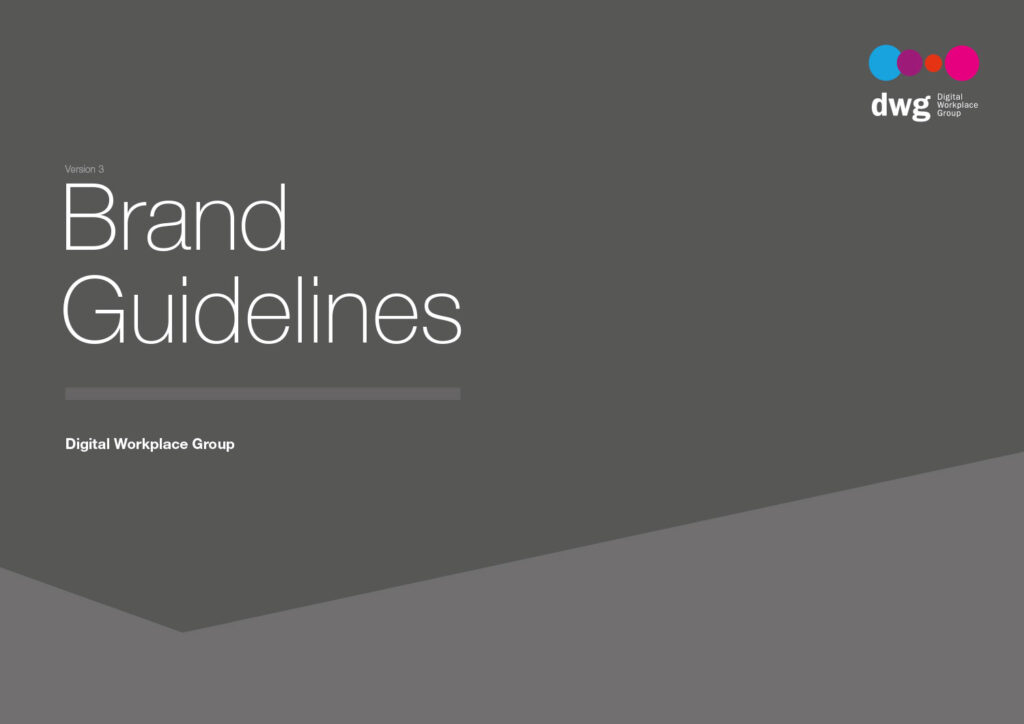
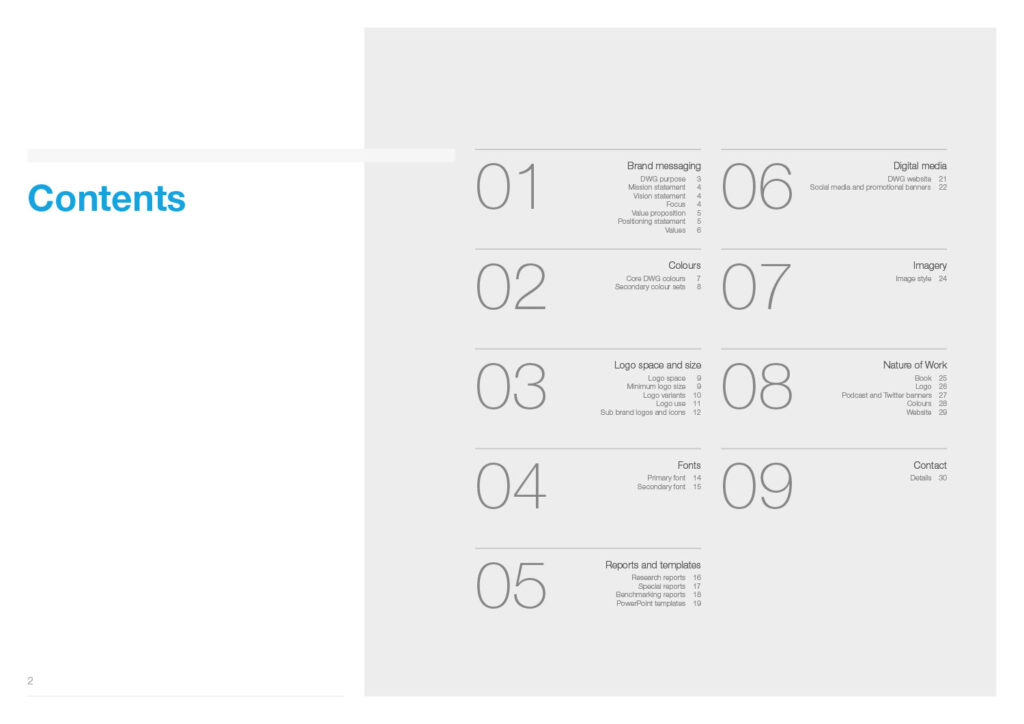
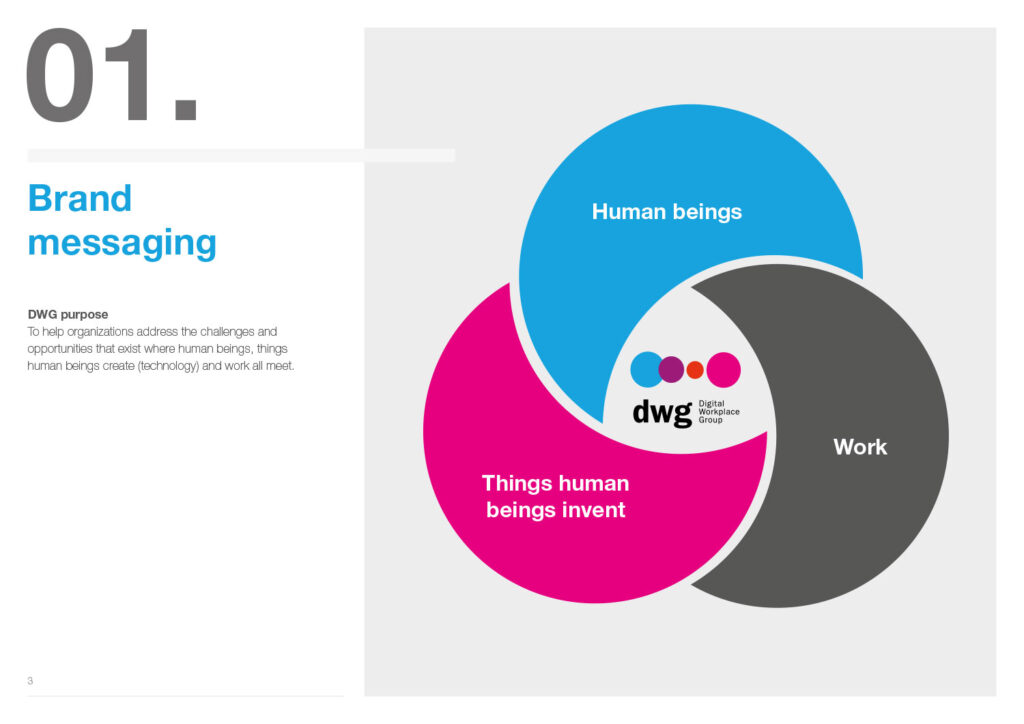
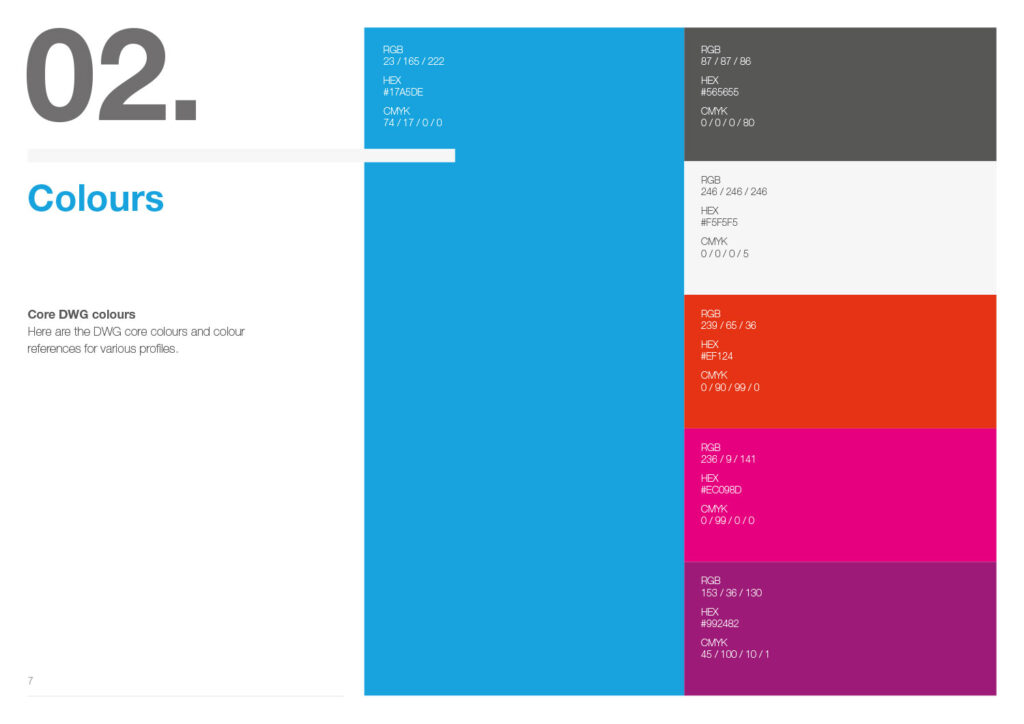
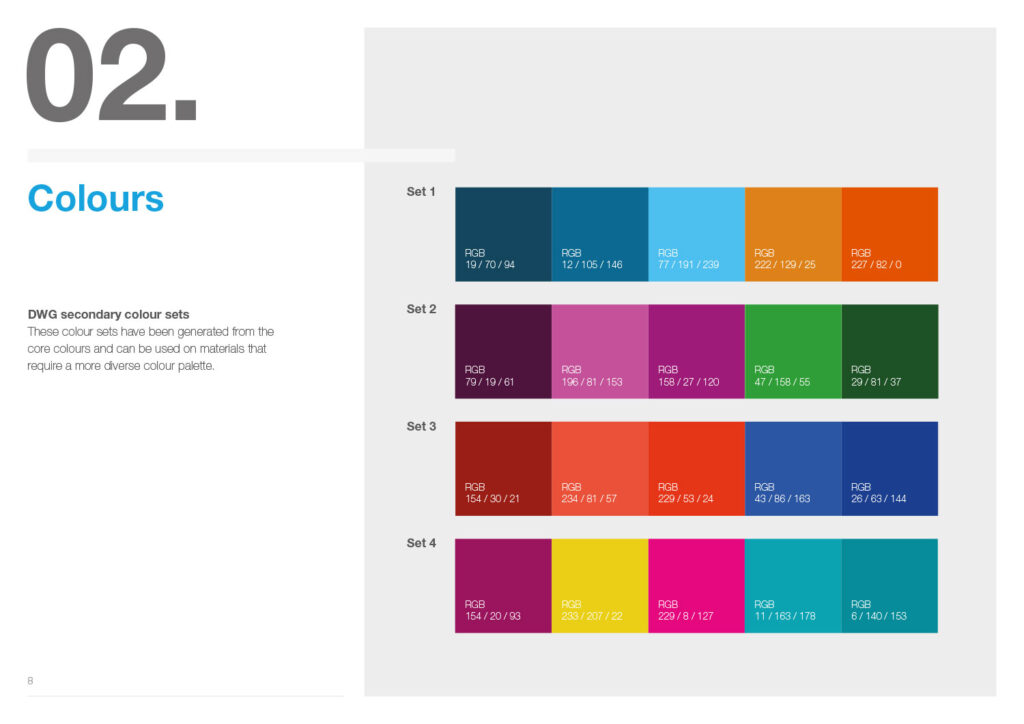
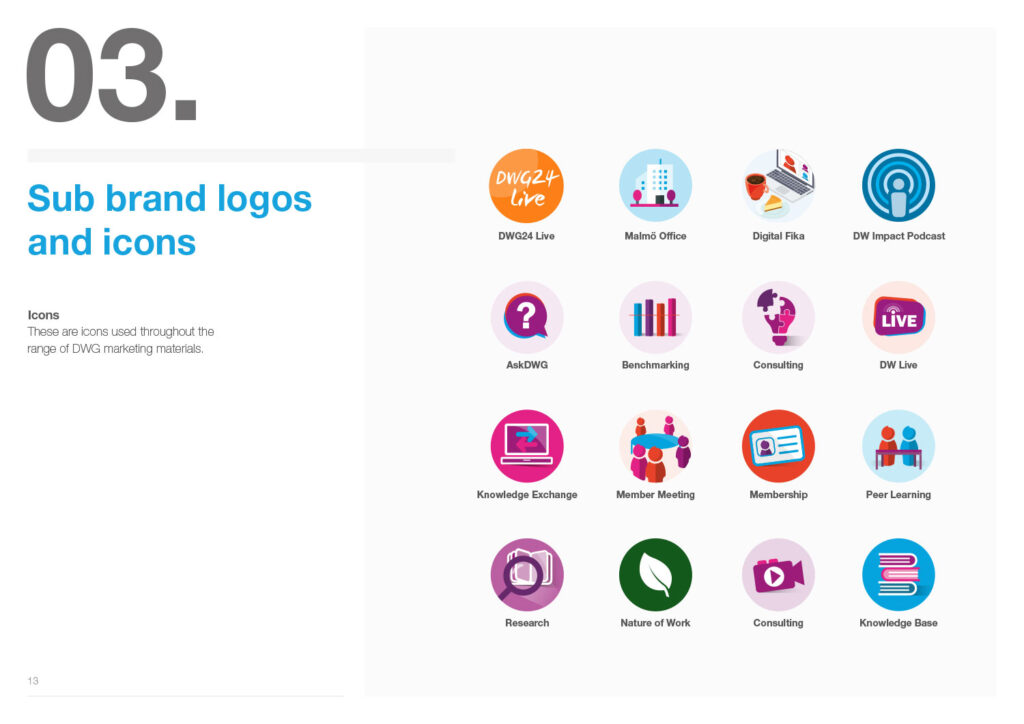
What sorts of identities do we work on?
Over 25 years, we’ve worked with a really diverse range of clients, so we don’t restrict ourselves to a few verticals.
The Toast team have worked with startups and global corporates for over two decades, so when it comes to developing brand identities, we have experience across 100s of sectors.
We have experience across Finance, Corporate, B2B, B2C, Charities, NPFs, NGOs, Healthcare, Food, Fashion, Manufacturing, Telecoms, IT and retail.
The key importance in the creation of brand guidelines is knowing what needs to go in them, creativity and a sharp eye for detail.
With 15 staff, Toast has the broad range of skill sets needed to create effective, future-proof brand identities.
Get started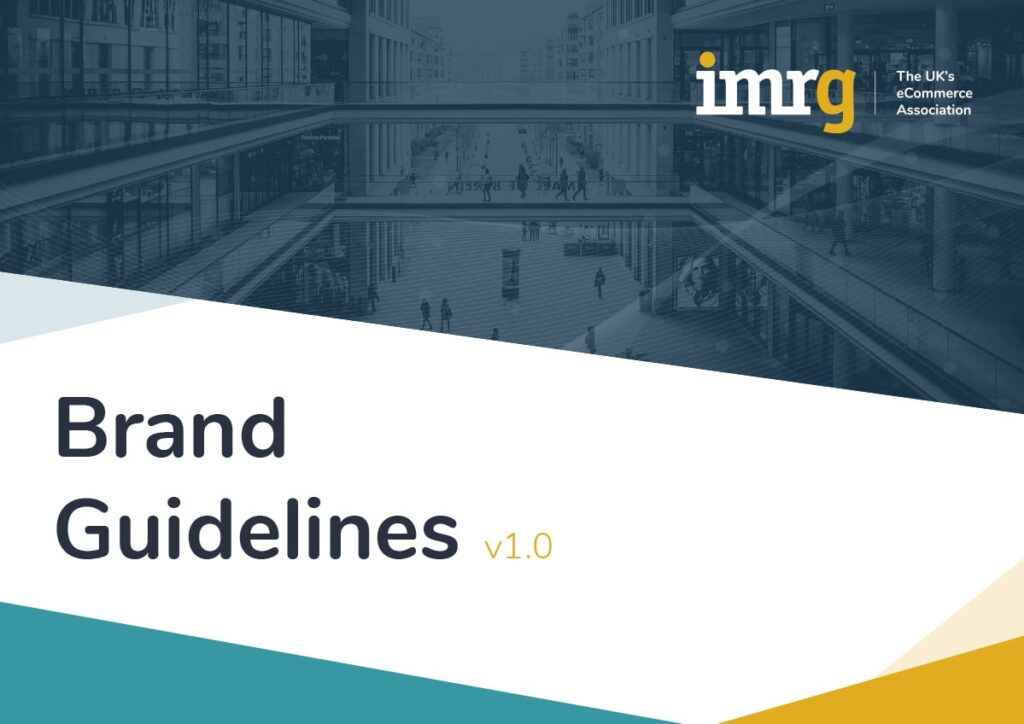
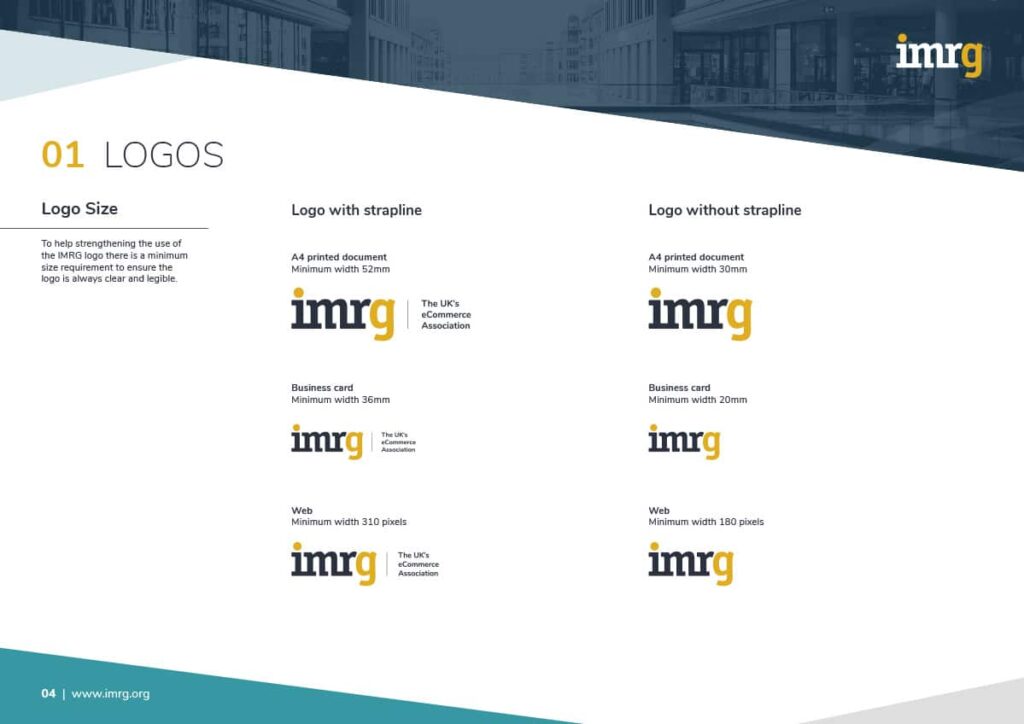
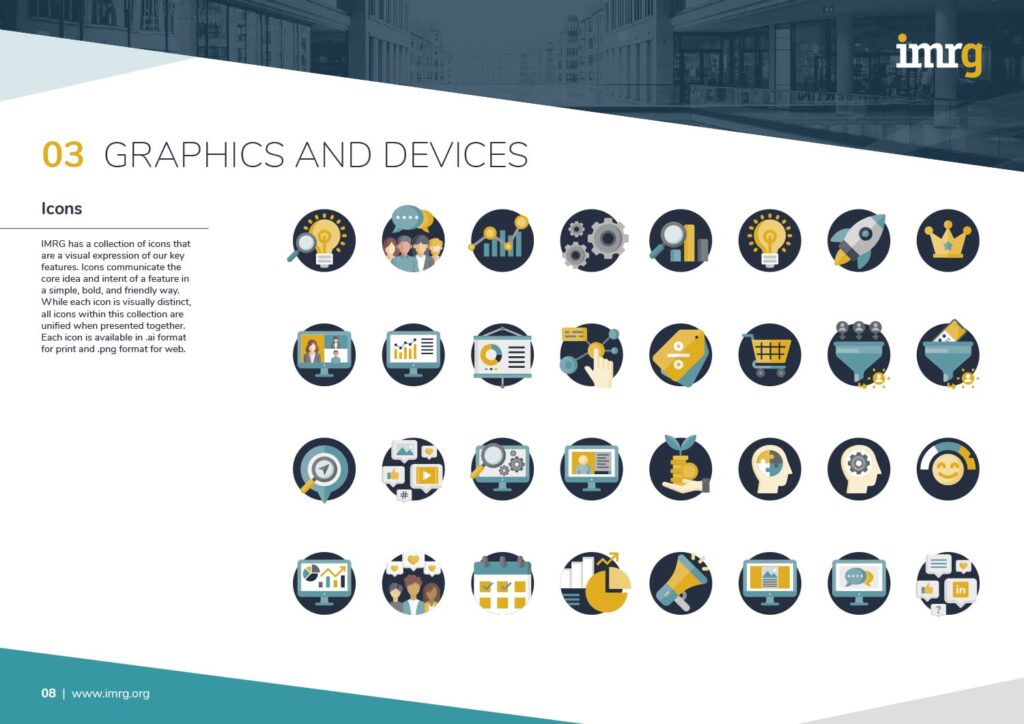
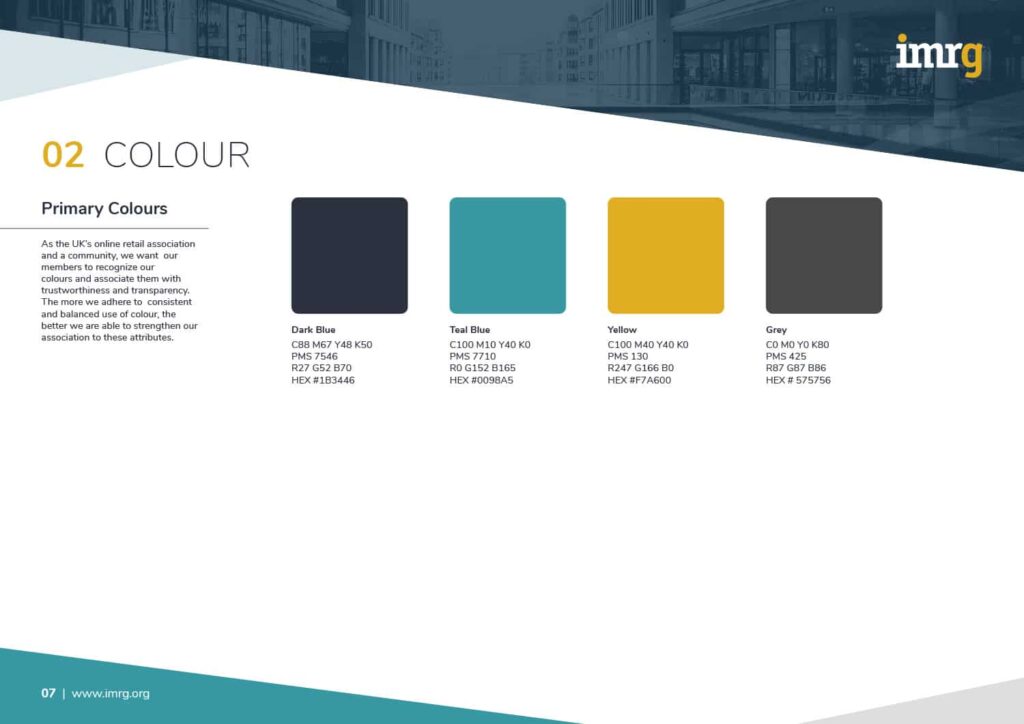
Stylescapes.
Exploring creative direction for your brand identity.
We use stylescapes to create initial big ideas around our client’s visual and brand identity. These allow us to define the potential creative directions for projects before concentrating on the finer details.
What is a stylescape?
Basically it’s like a mood board but is designed inline with your logo and other creative elements that you already have. Stylescapes are used at the top level to show you what things could like like before we get down to designing individual elements.
Get started
Brand identity FAQs.
Due to the fact that brand identity is often referred to as different things, there are often questions about exactly what it is and what it includes.
We’ve included some answers to common brand identity questions below. If you have a specific question, just drop us a line, we’ll be happy to help.
What do brand identity designers do?
They take an overview of your existing creative and marketing collateral, your vision, mission and values, your positioning and other things about your business and create a design system that delivers a consistent message.
This can be purely visual or include tone of voice and other tangible aspects of your business – even down to how you answer the phone.
What is the difference between brand identity, corporate identity and visual identity?
There’s not much difference here; often, different design agencies have their ways of describing the same thing. Most identities will cover similar deliverables.
These all describe things that cover-off corporate branding elements which form your identity.
What does a brand identity include?
As much as you need it to. Its most basic form will cover the logo and its use, fonts, colours and possible layouts for your business stationery.
More complex brand identities can take in brochure and print work, iconography, photography, website branding, tone of voice and more.
Does a brand identity deliver value?
Yes. If you do not have a solid brand identity, every time you have something designed, it’s got to be done from scratch.
A strong brand identity means that any designer can understand how your marketing collateral needs to look before they start work.
This saves time and money in the long run.
Does a brand identity design project include strategic aspects such as vision and positioning?
It can do, but this tends to be strategic rather than visual creative work.
Here at Toast, we help clients with both, but ideally, you should have the strategy in place before you work on the visual aspects of the brand identity design.
Can you do brand identity yourself?
In theory, anyone can read enough on the internet and try and put this knowledge to use in a DIY corporate identity, but it is really best left to the professionals.
We’ve been working with brands for over 25 years and have developed lots of brand identities, so we bring a lot of experience to the table.
What is brand image?
Brand image is another word for Brand Identity, Visual Identity or Corporate Identity (in part).
There are several ways to describe the same thing, but they all mean the same thing. Similar questions are what is branding identity? Or what is Brand identity vs brand image?
How to create a brand identity?
Start with the logo. Ensure every aspect of this is correct and its usage is locked down.
Choose your colours and fonts and include these in your branding document.
Then look at all the other marketing collateral elements and ensure they are all on-brand and designed to work with everything else.
It sounds simple, but we think it’s best left to the professionals to get the best results.
Why is brand identity important?
If you are a small business or a startup, you can be more agile and reactive with your marketing and branding materials.
As your business grows and your brand develops equity, you need to ensure that your visual identity is consistent or you can end up confusing customers and damaging your hard-won brand equity.
A brand identity helps you to do this by ensuring that there are solid guidelines in place.
Do you have branding design examples?
We certainly do. We’ve worked on 100s of branding and identity projects over the last 25 years.
Here are some examples:
There’s more on our branding portfolio website.
What is brand architecture?
Brand architecture is for larger businesses that have sub-brands, products and services.
If you have a large portfolio of brands (think Unilever), then this needs to be organised, usually visually, to manage the perception of the master brand.
More questions?
If you are considering a rework of your existing or new brand identity, we’re more than happy to answer any specific questions you might have.
Just complete the form at the bottom of this page or give us a call.
Ask a question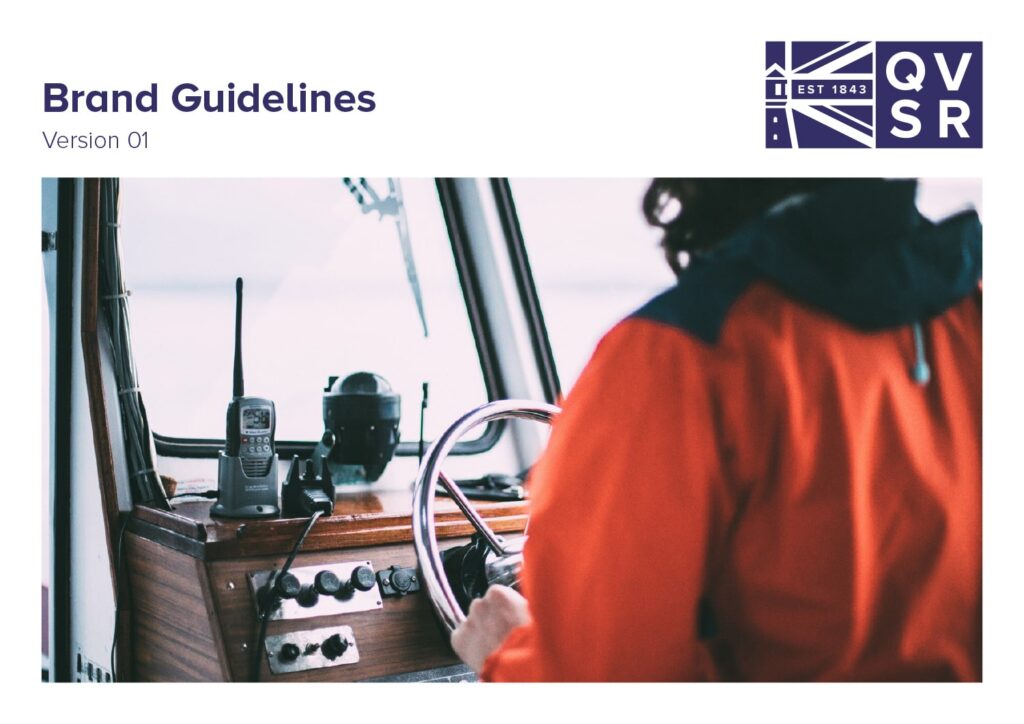
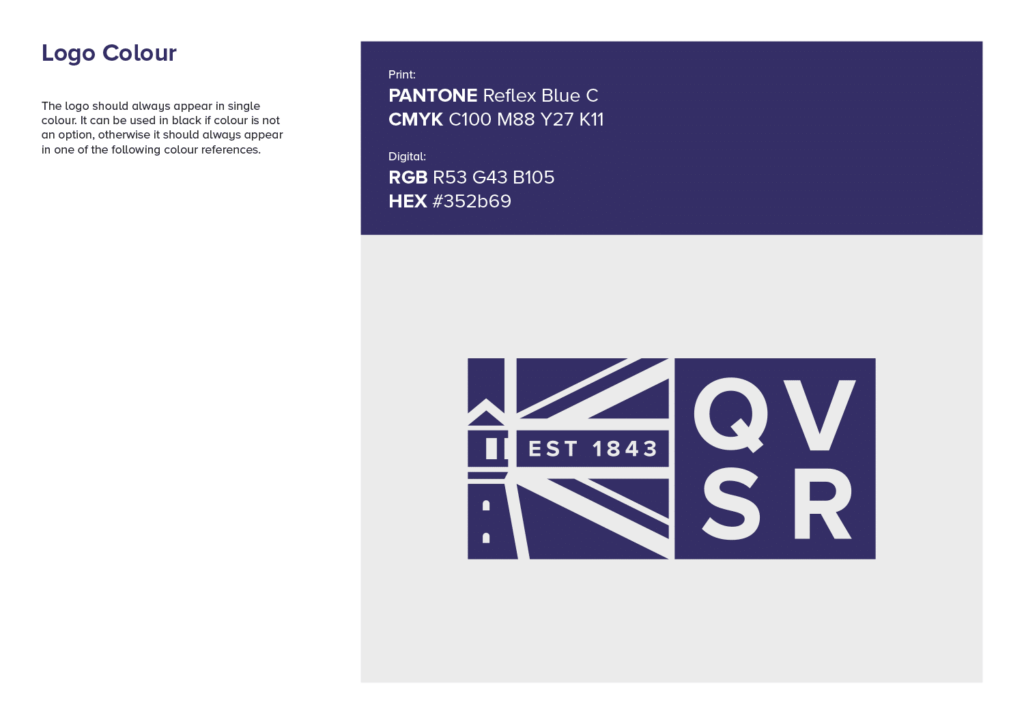
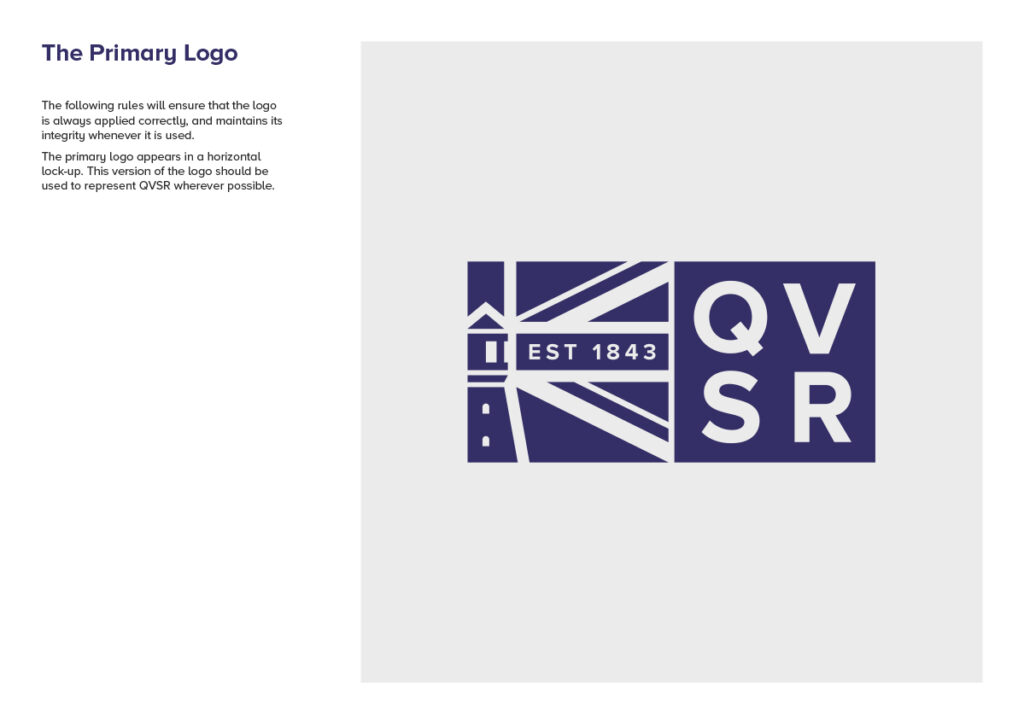
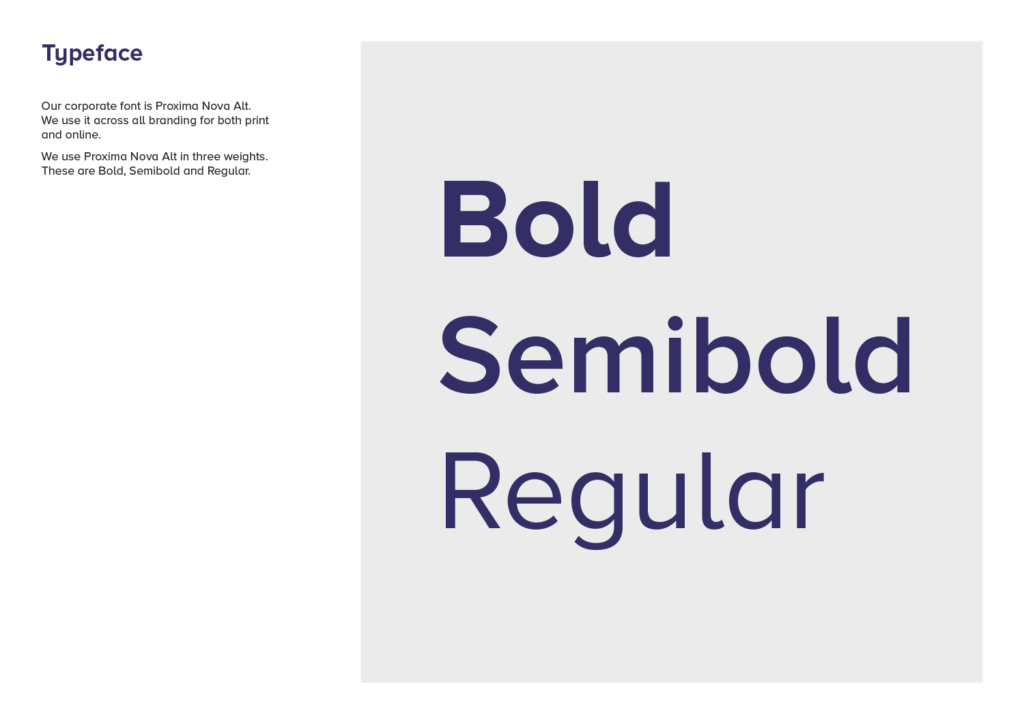
Our brand identity team
Years of experience that bring the expertise you need for your brand identity.

Our studio.
We’re based in Oxfordshire and work with clients across the UK and internationally to create and improve brand identities.
All our staff are full-time employees at Toast, and we do not use freelancers or outsource projects.
Our studio is an old Victorian townhouse split over three floors with plenty of meeting space. You are welcome to visit us and meet the team, although we now hold most of our meetings online to save time and help reduce project miles.
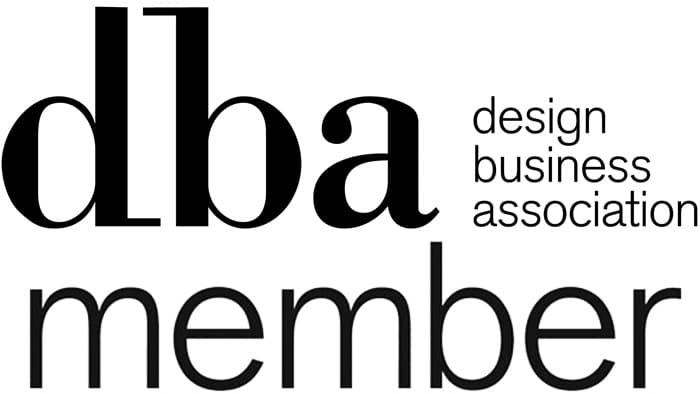
Paid-up DBA Members.
Founded in 1986, the Design Business Association is the trade association for all those working in the design field, supporting them and championing the transformative power of design. The DBA membership comprises over 350 design consultancies and design-driven businesses, including many of the brightest and most respected names.
The Design Business Association exists to promote professional excellence and to build productive partnerships between commerce and the design industry; we’re proud to be members, and we take the difference effective design can make to your business very seriously.
Get started with your brand identity.
The way in which you deliver your brand identity across all materials that you produce makes all the difference.
Here at Toast, we have developed our own unique approach to delivering brand identities for products, services and organisations.
We create brand identities that work well, target the correct audiences and deliver noticeable results.
Not forgetting that once your new brand is created, you’ll need clear brand guidelines to manage and protect it, we can help you with that too.
Get a free 30-minute consultation






